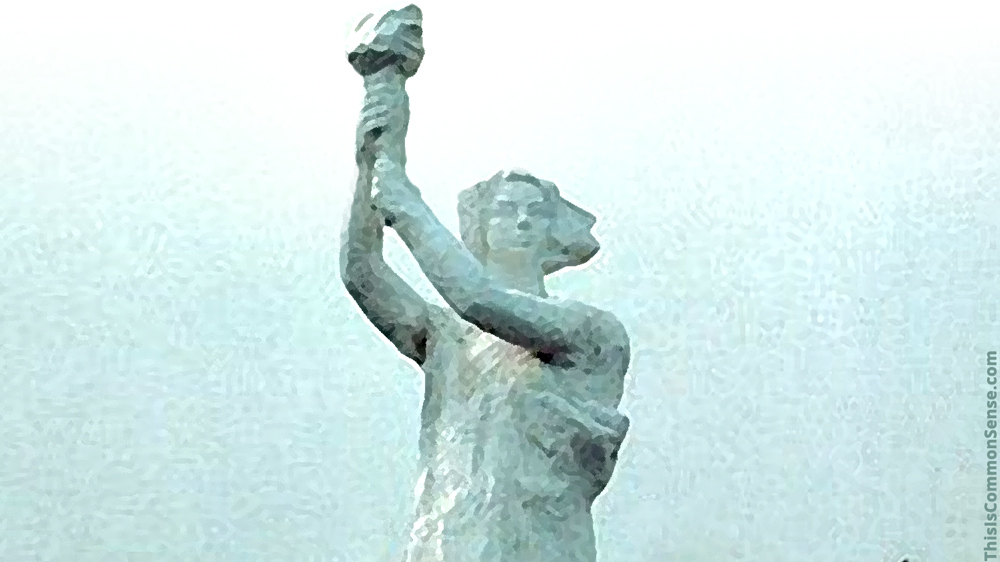The most inspiring political event of my six decades on this planet remains the pro-freedom and democracy protests of three decades ago, when for seven weeks first students and then other Chinese citizens occupied iconic, historic Tiananmen Square in Beijing.
“In the history of communist China,” said a CNN correspondent as a million people swelled into the square, “there has never been anything like this.”
The students’ demands were strikingly similar to those articulated in America’s Declaration of Independence, and their symbol was the Goddess of Democracy and Freedom, something of a replica of our Statue of Liberty.
Now, one might ask what the protestors knew of liberty and democracy. “To them,” offered Princeton Professor Perry Link, “democracy just meant ‘get off our back.’”
What, it doesn’t mean that?
“We probably don’t know what democracy is, living in China,” acknowledged student leader Wuer Kaixi, “but we have a pretty good idea what totalitarianism, what non-democracy, is.”
That totalitarian tyranny exploded late this very evening 30 years ago, when Chinese troops fired on unarmed protesters and tanks rolled; the massacre continued into the wee hours of June 4, 1989. Death counts range from 300 to several thousand, and there’s uncertainty as to whether the carnage took place in or out of the square, killing mostly workers or students. Regardless, it is all-too-typical behavior from an illegitimate regime.*
The saddest news is that, as a survivor told the South China Morning Post, “What happened [30] years ago in China . . . is still happening now in China.”
Over a million Uighur Muslims are, reportedly, confined in concentration camps right now.
What can we do? Remember, for starters.
This is Common Sense. I’m Paul Jacob.
*Firing on one’s own citizens is far too common, and delegitimizes any regime that practices it, as I have pointed out per Nicaragua, Venezuela, and U.S.-subsidized Egypt — the list goes on and on.

—
See all recent commentary
(simplified and organized)

2 replies on “What It Means”
I am distressed by the common usage of “democracy” to mean “human rights”. The two are not the same, and it is all too easy for a practicing democracy (or republic) to fall into tyranny. Look at the United States, around, oh, 2019, for example.
Democracy is not a precise term. But it is also true, and heartening, that rarely is anyone meaning democracy without the necessary inclusion of basic individual rights. Certainly the Tiananmen protesters were clear about individual freedom, press freedom, etc. The only exception may be some of the Democratic Socialists in the US, whose commitment to democracy of any form is suspect.
You present a good example of a long degradation of freedom thru an undercutting of the Rule of Law and career politicians building a gigantic state for their own benefit. I often point out that where we do have socialism, it is rarely come from the people through ballot initiatives or electing demagogues, and more often through entrenched legislatures and longer serving executives.